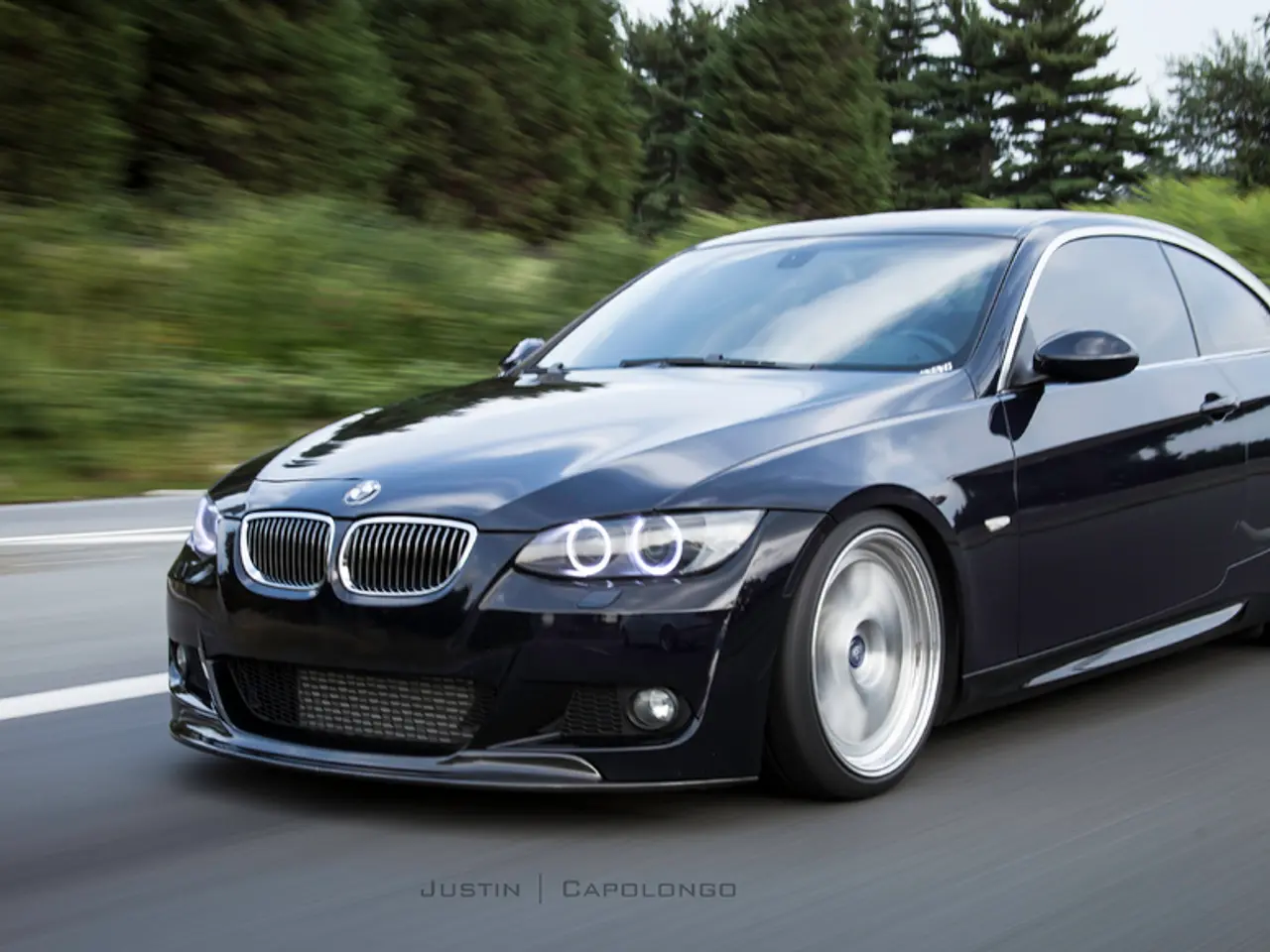Vehicle Reliability Rankings: Volkswagen Plummets to Focus on the Rest of the Pack
In a recent survey by Consumer Reports, Japanese automakers have once again proven their dominance in vehicle reliability. Subaru, Lexus, and Toyota ranked among the top three most reliable brands, with Subaru even taking the top spot, displacing Toyota and Lexus.
The reliability of Subaru's cars is attributed to their thoughtful platform strategy, which allows models like the Forester and Impreza to share many components across generations. This strategy significantly reduces error frequency and maintenance costs.
Japanese brands like Toyota, Honda, Lexus, and Suzuki consistently score very high reliability ratings due to durable designs and rigorous quality standards that minimize defects and problems. The reliability of these brands is often higher than many other brands, including Volkswagen.
The reasons for Japanese cars' superior reliability lie in established, mistake-proof manufacturing systems, simpler and durable engineering philosophies, and strong after-sales support. Japanese companies have decades of experience improving quality and reliability, focusing on sensible engineering rather than luxury or complexity alone, which reduces potential failure points.
In contrast, Volkswagen and some European brands often struggle slightly with reliability due to more complex engineering, newer technologies, or less rigorous assembly line quality controls relative to Japanese standards. This can lead to more frequent repairs or issues.
Volkswagen's poor ranking in the survey has caused a stir and necessitates action. The company ranks worse than the rising electric car manufacturer Tesla in the survey, and even behind rivals like Audi and BMW. Volkswagen's cars have been ranked as some of the least reliable in the prestigious survey.
Industry associations like VDMA attribute the long-term benefits of Japanese brands to lean production, just-in-time principles, and stable supply chains. The organization advises not to rely solely on the brand name, but to specifically check the reliability of individual models, even for brands with a good overall image.
The survey evaluated various aspects of car reliability, including technical weaknesses. It considered data from around 300,000 vehicle owners from model years 2000 to 2024, evaluating 20 problem categories including electronics and engine. Hybrid vehicles have up to 26% fewer breakdowns than traditional internal combustion engines, according to the survey. Electric vehicles report around 42% more problems compared to hybrid vehicles, as per the survey.
The survey results may have significant implications for the car industry, as they highlight the strengths and weaknesses of different manufacturers' vehicles. Japanese combustion or hybrid technology is still a safe choice for long-term drivers who value low costs and high reliability. It is essential for car manufacturers to focus on improving their reliability to meet the expectations of consumers.
Other sports like golf and tennis might not require the complex engineering and technology found in vehicles, but they still demand rigorous training and high-quality equipment to ensure reliability and consistency in performance.
Several brands in the car industry, such as Toyota and Lexus, are known for their superior reliability due to their consistent application of durable designs, strong quality standards, and extensive experience in improving vehicle reliability, much like how professional golfers carefully select their clubs and equipment for optimal dependability.







